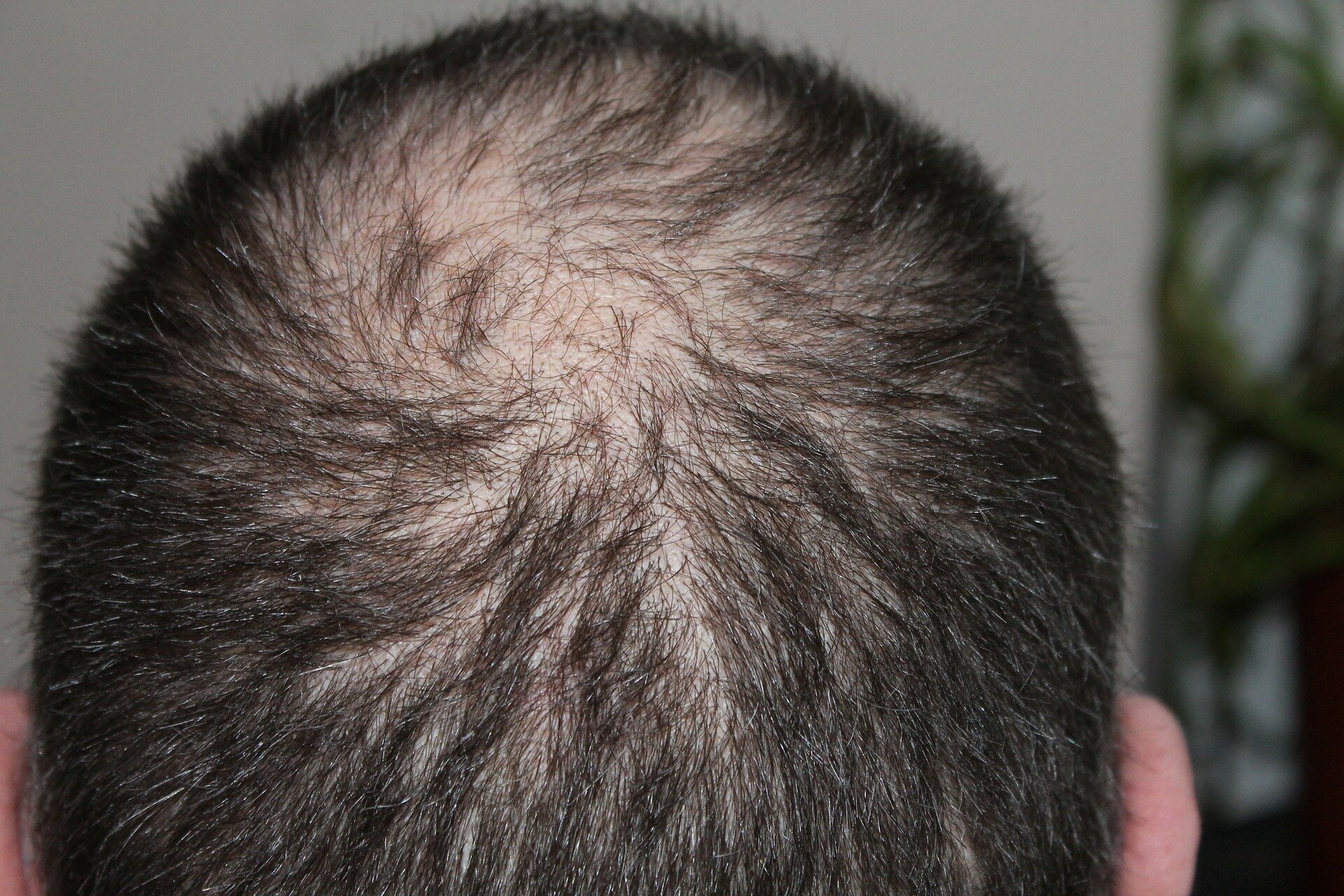
Hair loss treatment
Hair loss is a common experience for most adults and has a strong impact on how you perceive your self and your self-confidence. Dr. Dika provides expert dermatology hair and skin services to all her patients at her practice in USA, Burlington.
hair loss q&a
What causes your hair to fall out?
The vast majority of hair loss in men and women is heredity. If you have hair loss in your family, it may affect you as well. Less commonly, hormonal changes can affect hair loss. In women, hair loss can happen after pregnancy, in cases of low thyroid function, and during menopause. There is an autoimmune disease called alopecia areata that causes patches of hair loss and sometimes total hair loss on the head and body. Scalp infections, certain medications, and radiation treatments to the head can cause hair loss. An extremely stressful event can also contribute to loss of hair for several months after the stressor. Excessive hairstyling and permanent wave solutions can result in an increased loss of hair.
How do you stop your hair from falling out?
Because most hair loss happens because of heredity, it cannot be prevented. In general, you need to avoid the urge to rub, pull, or twist your hair and you should avoid hairstyles that put traction on your hair, such as ponytails and braids. Wash your hair gently and comb it with a wide-toothed comb to avoid pulling your hair out when caring for your hair. Things like hot oil treatments, curling irons, permanent wave solutions, and hot rollers can be harsh on the scalp and should be avoided to help stop your hair from falling out. There is some link to smoking and baldness and men so stopping smoking may also help.
What are the first signs of balding?
The first signs of balding are different for men and women. Men will start to experience a receding hairline as an early sign of balding. Hair is also first lost in men on the crown of the head. Women will have overall thinning of the hair, worse on the top and crown of the head. You may notice more hair in the hairbrush or comb after caring for your hair, which will be the first sign that hair has begun to fall out more than you normally expect.
Can hair grow back after thinning?
It would be unusual for hair to grow back by itself after thinning unless the underlying cause is a medication or severe stressor. The only FDA-approved topical medication for both men and women for hair loss that has been shown to grow back hair after thinning is minoxidil. It works in more than 80 percent of women who use it for hair loss. Finasteride can be used in men who have hair loss secondary to androgens (male hormones). All treatments for hair loss tend to work better when started early in the process.
Is it possible to regrow hairline?
Receding hairlines will not generally regrow by themselves without some form of treatment. Minoxidil (used topically) and finasteride (taken orally) are the most popular treatments for regrowth of the hairline in men and minoxidil is used for women. Some people have hair regrowth after taking anthralin, which is normally used to treat psoriasis. In rare cases, corticosteroid treatments can be taken if inflammation of the scalp is the cause of the hair loss. Hair transplantation involves moving some of your hair from areas where you have a lot of hair in order to “regrow” the hairline where you don’t have hair
